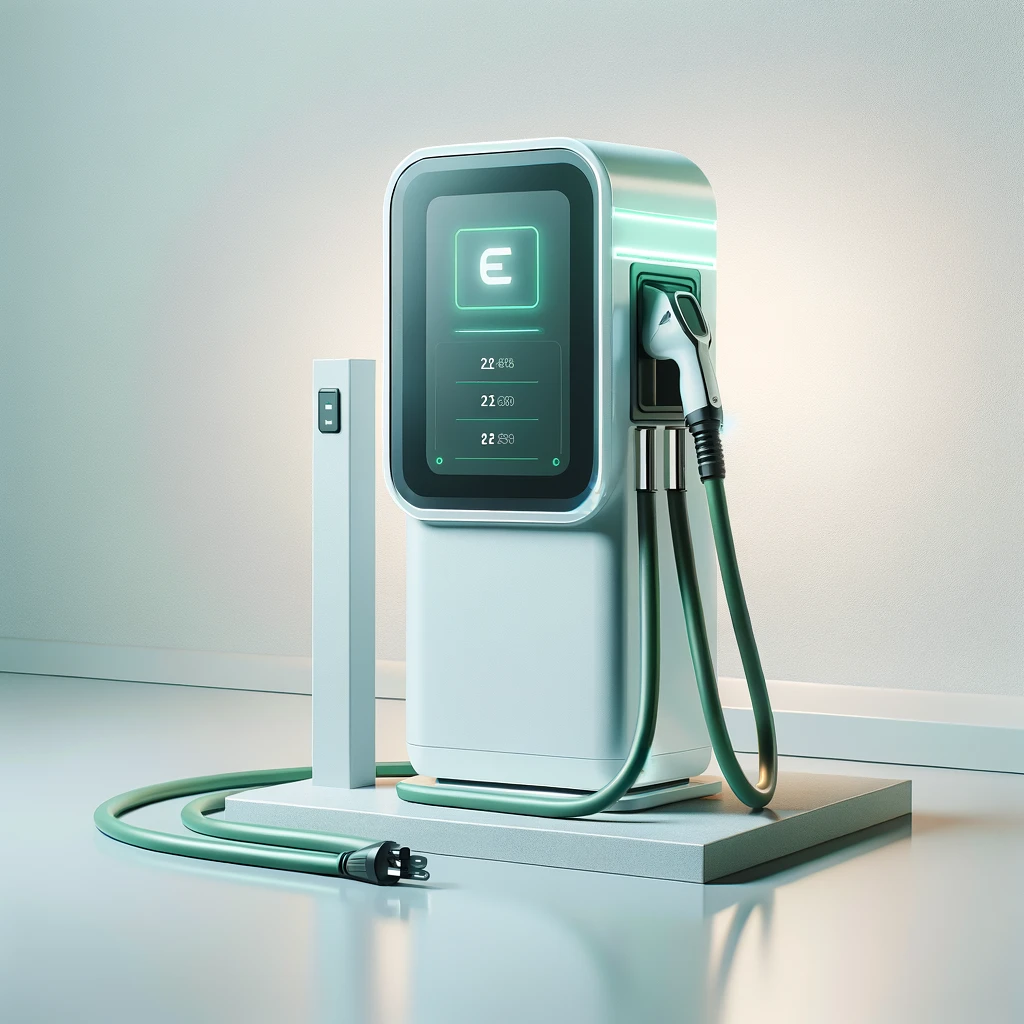Purchasing a charging station for your electric vehicle is an important investment that can enhance your EV experience by providing convenience and efficiency. This guide will navigate you through the process of choosing the right charging station.
Introduction
With the rise of electric vehicles, having a reliable and fast charging station at home or in your business premises has become increasingly important. Choosing the right charging station involves understanding different power levels, connectivity options, and compatibility with your vehicle.
What You’ll Need
- Knowledge of your vehicle’s charging specifications
- Understanding of your installation space and power availability
- Budget for purchasing and installing a charging station
Steps to Buy a Charging Station
Understand the Types of Charging Stations
- Level 1 Charging Stations: These use a standard household outlet and are typically slower, providing about 4-5 miles of range per hour of charging.
- Level 2 Charging Stations: Require a higher voltage power source but charge much faster than Level 1, offering 12-80 miles of range per hour.
- DC Fast Chargers: The fastest type of charging available, suitable for commercial or high-traffic areas, providing up to 100 miles of range in just 10 minutes.
Determine the Right Fit for Your Vehicle
- Check Compatibility: Ensure the charging station matches your vehicle’s charging port and requirements.
- Future-Proofing: Consider purchasing a charging station with a higher power output than your current vehicle might need to accommodate future vehicles.
Decide on Smart Features
- Smart Charging Stations: These come with features like scheduling, usage tracking, and remote control via smartphone apps.
- Safety Features: Look for certifications and safety features such as automatic shutoff, weatherproofing, and thermal sensors.
Consider Installation Requirements
- Professional Installation: Most Level 2 and all DC fast chargers will need professional installation. Check local regulations and potentially available incentives.
- DIY Potential: Some Level 2 chargers are designed for easy installation and might be suitable for DIY if local codes permit.
Compare Costs and Warranties
- Upfront Costs: Compare the purchase price of different models and brands.
- Ongoing Costs: Consider the potential maintenance and electricity costs.
- Warranty: Look for products with a strong warranty that covers significant parts and labor.
Frequently Asked Questions (FAQs)
What should I consider when buying an EV charging station?
When purchasing an EV charging station, consider the charging speed (Level 1, Level 2, DC Fast Charger), compatibility with your vehicle, installation requirements, smart features, and whether it meets local electrical standards and certifications.
Can I install an EV charging station at home?
Yes, you can install an EV charging station at home, especially Level 1 and Level 2 chargers. Level 1 chargers can usually plug into a standard outlet, while Level 2 chargers might require professional installation due to their higher voltage.
How much does it cost to install an EV charging station?
The cost of installing an EV charging station can vary widely based on the type of charger, the complexity of the installation, and local labor rates. Typically, Level 2 installations can range from $500 to $2,000, excluding the cost of the charger.
Are there incentives available for installing an EV charging station?
Many regions offer incentives for installing EV charging stations, including rebates, tax credits, and grants. Check with local government agencies or utility providers for specific programs available in your area.
What are the benefits of smart charging stations?
Smart charging stations provide features such as usage tracking, remote control via smartphone apps, and the ability to schedule charging during off-peak electricity rate hours, which can help save on energy costs.
How do I choose between Level 2 chargers and DC fast chargers?
Level 2 chargers are generally sufficient for home use, providing a good balance between charging speed and cost. DC fast chargers are more suited for commercial settings or locations needing quick turnover, such as roadside charging stations.
What safety features should I look for in an EV charging station?
Look for EV charging stations that are certified by recognized standards (such as UL or CE) and feature built-in safety measures like ground fault protection, overcurrent protection, and a rugged, weatherproof casing for outdoor installations.
Conclusion
Buying a charging station is a significant decision that affects your daily use of an electric vehicle. By understanding your needs and the features of different charging stations, you can make an informed purchase that enhances your EV experience.
